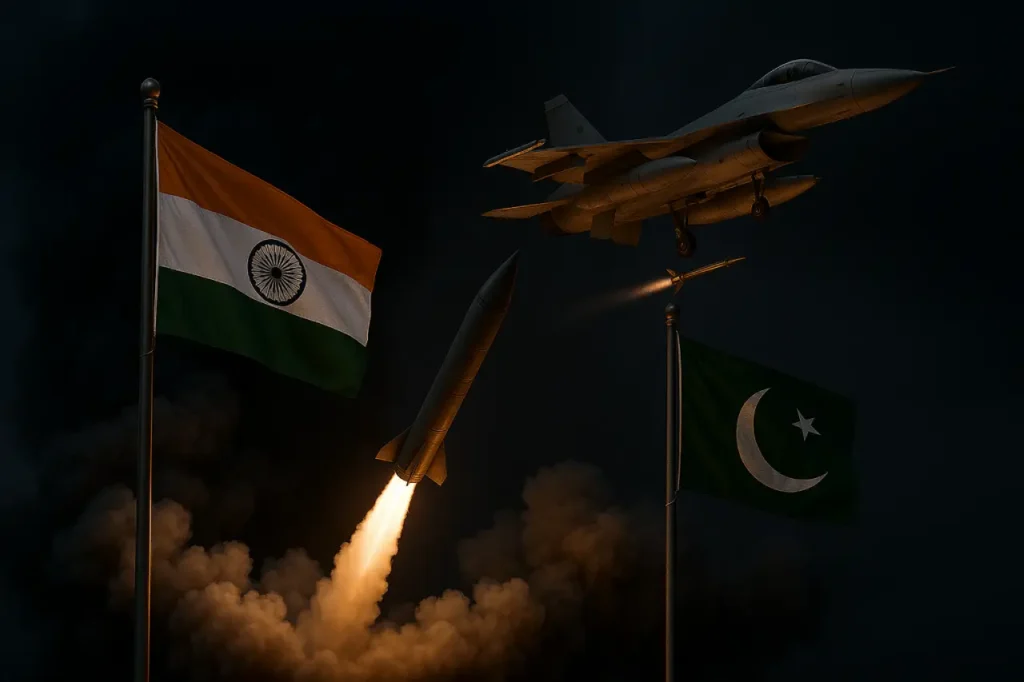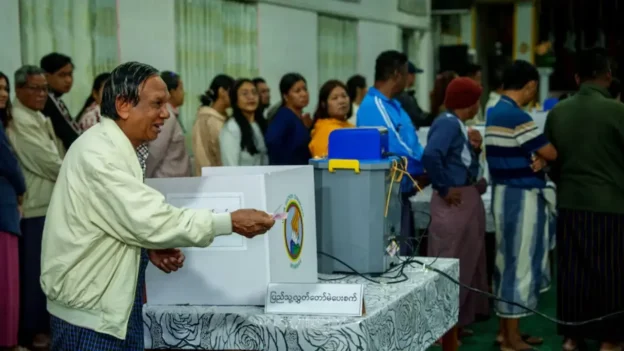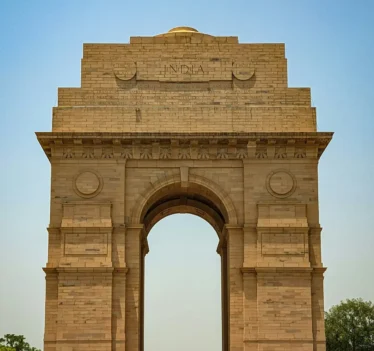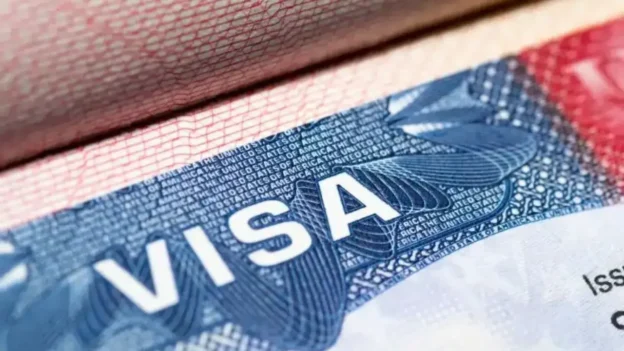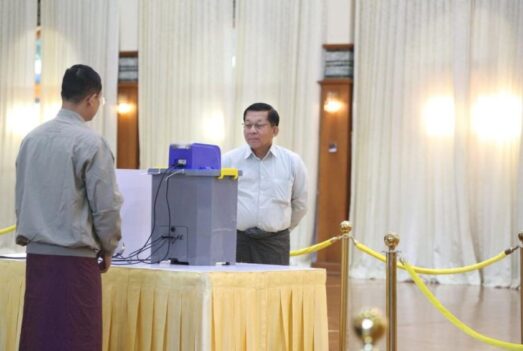In a significant escalation of tensions between nuclear-armed neighbours, India and Pakistan have exchanged military strikes following what Indian officials described as a “barbaric terror attack” in Pahalgam on April 22, 2025.
The Indian Ministry of Defence reported that on the night of May 7-8, Pakistan attempted to use drones and missiles to target multiple military locations across Northern and Western India. According to Indian officials, these attacks targeted areas including Awantipura, Srinagar, Jammu, Pathankot, Amritsar, Kapurthala, Jalandhar, Ludhiana, Adampur, Bhatinda, Chandigarh, Nal, Phalodi, Uttarlai, and Bhuj.
Superiority of weapons
India claimed its Integrated Counter UAS Grid and Air Defence systems successfully neutralised these attacks, with debris reportedly recovered from several locations as evidence of the Pakistani offensive.
Particularly, the Russian-supplied S-400, Israeli air-to-air defence missile system and indigenous Akash Missiles within New Delhi’s arsenal have proven effective in thwarting Pakistan’s attacks. Pakistan have relied on HQ-9 air defence missile batteries, which have been provided by the Chinese.
Following India’s Operation Sindoor retaliation against Pakistan after the April 22 Pahalgam terror incident, Pakistani officials attempted to minimise the impact of India’s military action. Pakistan’s Defense Minister Khawaja Muhammad Asif made unverified claims that Pakistani forces had destroyed five Indian aircraft – specifically three Rafales, one Su-30, and one MiG-29.
Military Assessment
Meanwhile, Indian Defence Minister Rajnath Singh’s statements at the National Quality Conclave on May 8th highlighted the significance of quality equipment in executing Operation Sindoor successfully. He noted that India’s “formidable & professionally-trained Armed Forces were equipped with high-quality equipment,” allowing them to execute the operation with precision.
This exchange follows India’s “Operation Sindoor,” launched on May 7, which Indian Defence Minister Rajnath Singh described as a “focused, measured and non-escalatory” strike against terrorist infrastructure in Pakistan and Pakistan-occupied Kashmir (Pok). According to Singh, the operation destroyed nine terror camps and killed “a good number of terrorists.”
Singh asserted that while “India has always played the role of a responsible nation exercising great restraint,” the country is “fully prepared for such responsible responses in the future” if its sovereignty is threatened.
Speaking at the National Quality Conclave in New Delhi on May 8, Singh emphasized that the operation was executed with precision, causing minimal collateral damage and avoiding harm to innocent civilians. “It shows the crucial role ‘quality’ plays in securing national interests,” the Defence Minister noted.
Increase in Unprovoked Actions
Indian Foreign Secretary Vikram Misri clarified during a special briefing that India’s actions were in response to the April 22 Pahalgam attack, which he described as “the original escalation.” He attributed the attack to “The Resistance Front,” which Indian authorities claim is a front for the Pakistan-based terrorist organization Lashkar-e-Taiba.
In response to Pakistan’s overnight attacks on May 7-8, Indian Armed Forces reportedly targeted Air Defence radars and systems at multiple locations in Pakistan on the morning of May 8. The Ministry of Defence claimed an air defence system at Lahore had been neutralized, describing their response as “in the same domain with same intensity as Pakistan.”
Diplomatic Tensions
The conflict has intensified diplomatic tensions, with both nations making serious allegations against each other. Pakistan has called for an international investigation into the Pahalgam attack, which Indian Foreign Secretary Misri dismissed as “delaying tactics.”
India’s top diplomat also addressed allegations that India had targeted a dam in Pakistan-occupied Kashmir, calling it “an absolute and complete fabrication and a blatant lie.” He warned that if such claims were a pretext for targeting Indian infrastructure, Pakistan would “be entirely responsible for the consequences that will undoubtedly follow.”
In a significant move, Misri announced that India has put the Indus Waters Treaty in abeyance “until Pakistan abjures irrevocably its support for cross-border terrorism.” He cited Pakistan’s refusal to enter negotiations for modifying the treaty, arguing that circumstances have changed significantly since it was concluded “in a spirit of goodwill and friendship” over six decades ago.
International Response
The crisis has drawn responses from major world powers, with Misri indicating that many international leaders have been in contact with Prime Minister Modi and External Affairs Minister Jaishankar. According to Misri, most nations have recognised “the barbaric nature, the unprecedented nature, and character and features of the attack in Pahalgam” as well as “India’s right to respond.”
International diplomatic efforts are intensifying to defuse tensions after India struck targets in Pakistan and Pakistan-administered Kashmir on Wednesday. World leaders including UN Secretary-General António Guterres, UK Foreign Secretary David Lammy, US President Donald Trump, and officials from China, France and Iran have urged both nuclear powers to exercise restraint.
Economic concerns are mounting as global markets react to the conflict, with both countries’ stock indices tumbling and international investors growing wary. The World Bank and IMF are reportedly monitoring the situation closely, as any prolonged military engagement could derail Pakistan’s recent bailout program and significantly impact India’s growth trajectory in a region already facing economic challenges.
Looking Forward
The situation remains volatile, with both nations maintaining their respective positions. Indian Armed Forces have reiterated their “commitment to non-escalation, provided it is respected by the Pakistani military,” suggesting the ball is in Pakistan’s court regarding further developments.
Foreign Secretary Misri described the situation as “constantly evolving,” urging restraint in discussing operational details. He emphasized that India’s response to any further escalation by Pakistan would be “in an appropriate domain.”
The conflict underscores the persistent challenges in India-Pakistan relations, particularly regarding cross-border terrorism allegations and disputed territories. As both nuclear-armed nations navigate this latest crisis, the international community watches closely, hoping diplomatic channels can help de-escalate tensions before they spiral further.
Meanwhile, Indian officials have pointed to misinformation and propaganda from across the border, with Misri stating that Pakistan’s pattern of spreading falsehoods began “75 years ago” during the 1947 Kashmir conflict. The veracity of claims from both sides remains difficult to independently verify as the situation continues to develop.
As this crisis unfolds, the response of international financial institutions like the International Monetary Fund (IMF), which has provided multiple bailouts to Pakistan, may also come under scrutiny, with India’s Executive Director expected to present the country’s position at an upcoming board meeting to be held later on Friday.

